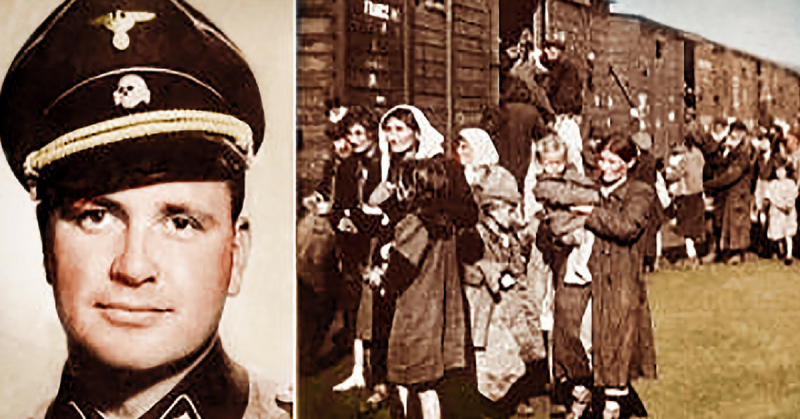Kurt Hubert Franz was the commander at the Treblinka extermination camp, and one of the largest war criminals of the Holocaust, he was born in Düsseldorf on January 17th, 1914. By all accounts, his upbringing was comparatively normal. He went to a public school from 1920 to 1928 and then worked as a messenger, a butcher and an apprentice cook at 15.
He had one sister and his mother was a practicing Catholic. His merchant father died when he was young, and his mother remarried a man with right-wing nationalist views that likely influenced Franz’s decision to join several right-wing nationalist groups, including the Nazi Party in 1932, and this is where Franz’s life began to seriously deviate from anything that could be called normal.
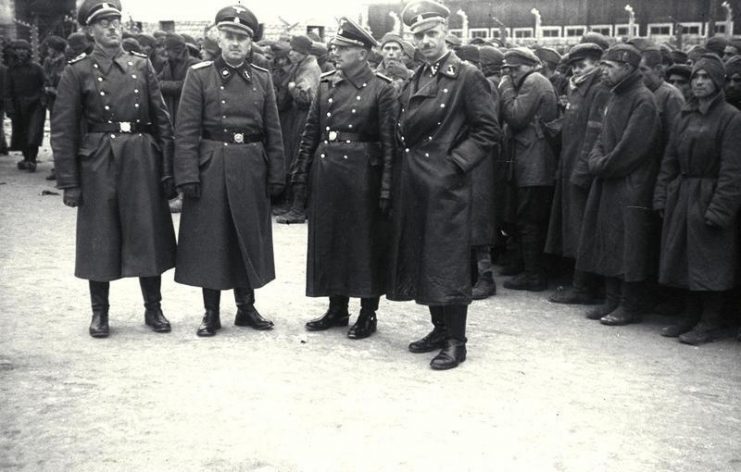
He performed two years of service with the German Army in 1935 before being honorably discharged in 1937, and from there he joined the SS- Totenkopfverbände. After receiving training with the Third Death Head Regiment Thuringia at Weimar, his path took him to the concentration camp at Buchenwald, first as a cook and guard, and then to the rank of Unterscharführer (Corporal).
Two years later, he was recruited to Hitler’s Chancellery and assigned to the Aktion T4 euthanasia program (the euthanasia program of the national socialists), and in 1941 was assigned as a cook to the T4 headquarters.
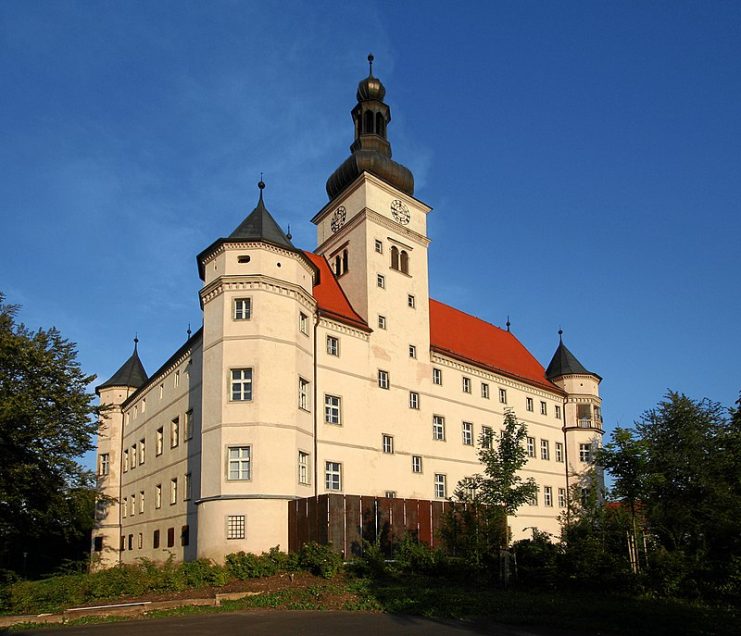
On April 20th of 1942, Franz was promoted to Oberscharführer (Staff Sergeant) and proceeded to the Lublin concentration camp complex in Generalgouvernement, and specifically assigned to the Bełżec extermination camp until the end of August 1942.
After a brief shuffle in the chain of command at the death camp, Franz was again reassigned to the Treblinka extermination camp and promoted to deputy commandant under Christian Wirth. His assignment would see him there from August to November 1943, so he could oversee the conclusion of the Holocaust in occupied Poland.
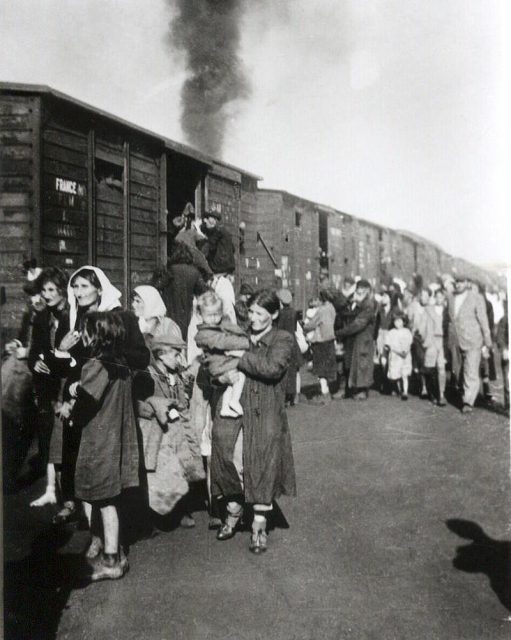
Franz acquired the nickname Lalke, which is Yiddish for doll, among the prisoners but Treblinka is where he would earn his dire reputation. His tasks upon arrival would include supervising workers, unloading transports and transferring Jews from the undressing rooms to the gas chambers. But what he was best known for was his Saint Bernard, Barry.
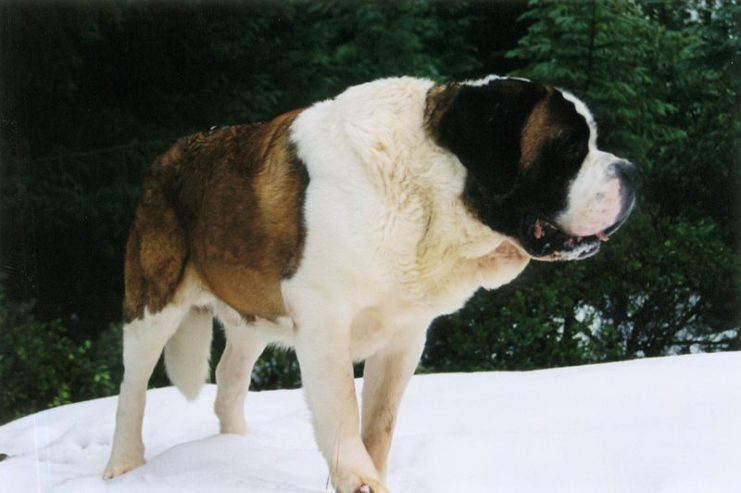
The dog was trained to obey Franz’s orders, and Barry would regularly be ordered to bite the buttocks and genitalia of any prisoner unlucky enough to draw Franz’s attention. Barry was a big dog, which meant that he could reach the buttocks and abdomen of average sized men, but if the inmate was small or weak, the dog knocked him down and mauled him beyond recognition.
The dog was only cruel when ordered by Franz, and when encountered away from his master, was really quite genial and would even allow himself to be petted.
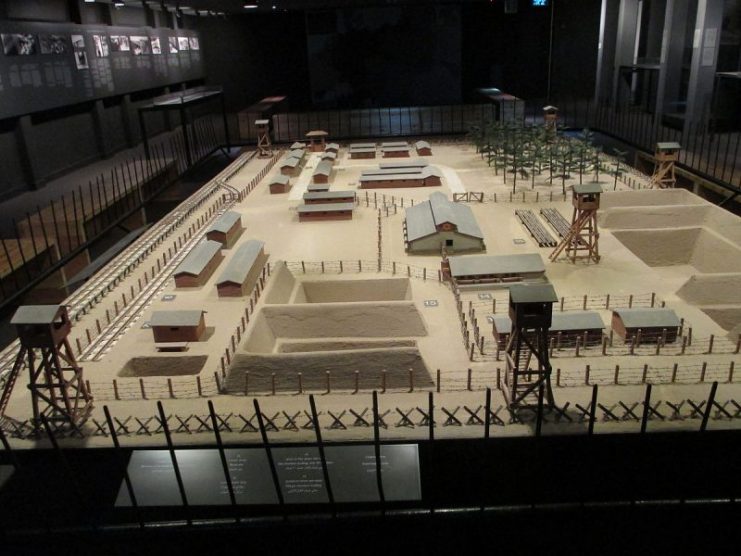
In another cruel joke, Franz rewrote lyrics written originally by a Jewish man in the camps into a song that celebrated Treblinka and the Holocaust and then taught the song to selected Jews who would be forced to memorize the song during their first night in the camps. The music and melody came in the key of D-major, making it sound actually quite happy and upbeat, providing the suggestion that their imminent deaths were something to anticipate, rather than mourn.
The lyrics were:
“Looking squarely ahead, brave and joyous, at the world. The squads march to work. All that matters to us now is Treblinka. It is our destiny. That’s why we’ve become one with Treblinka in no time at all. We know only the word of our Commander. We know only obedience and duty. We want to serve, to go on serving until a little luck smiles on us again. Hurray!”
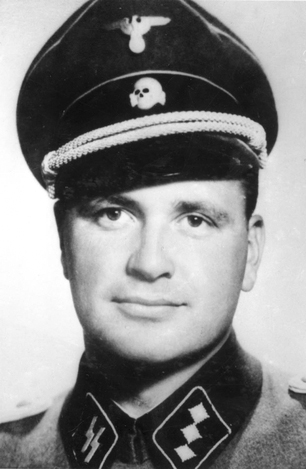
Two of Franz’s alternate tasks included reviewing the prisoner roll and meting out punishment. Seven prisoners attempted a daring escape, and when Franz caught them he had them all shot, then held hold roll call and informed any future escapees that ten prisoners would be shot for every escapee, especially if they were successful. And Franz liked to shoot prisoners.
He shot them with both his pistol and a hunting rifle and especially enjoyed shooting those in the rail cars. There was an instance where he selected bearded men arriving in the transports and queried them as to their beliefs in God. If they did, then Franz would make them hold up a bottle as a target and inform them that if he hit the bottle then God exists, if he hit them then God did not. Afterward’s, he would shoot them anyway.
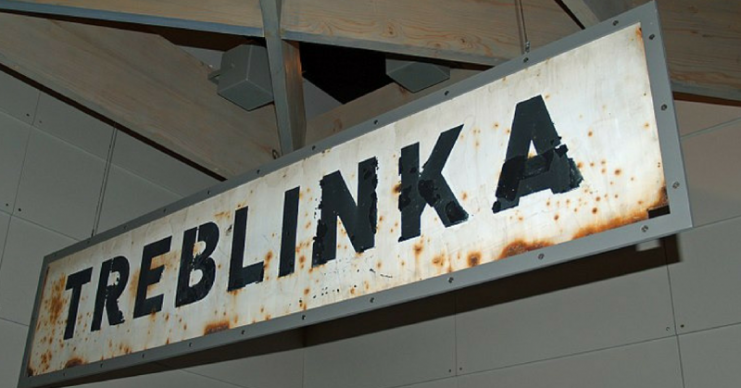
An experienced boxer, Franz used Jews as punching bags. After issuing a challenge to a Jew for a boxing match, he gave the Jew a boxing glove and kept one for himself. Then as the fight progressed he would shoot the Jew using a small pistol hidden away in the glove.
He enjoyed whipping captives, and never failed to issue at least 25 lashes, which he would administer himself to great pleasure. But he saved his greatest pleasure for babies from the incoming transport, who he kicked to death.
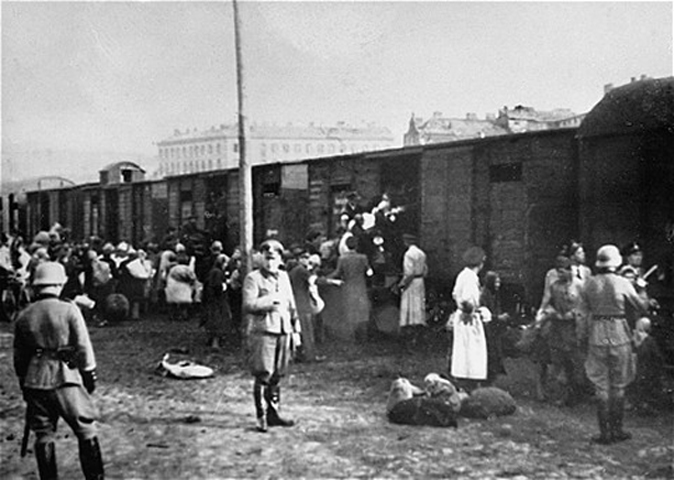
Franz was promoted to Untersturmführer (Second Lieutenant) and became an appointed official in June 1943. One hot day in August 1943, Franz and four men from the SS and sixteen Ukrainians went for a swim in the Bug River, severely undermining Treblinka’s security and causing a prisoner revolt. The revolt led to the departure of Franz Stangl, the camp’s commandant, and his replacement by Franz.
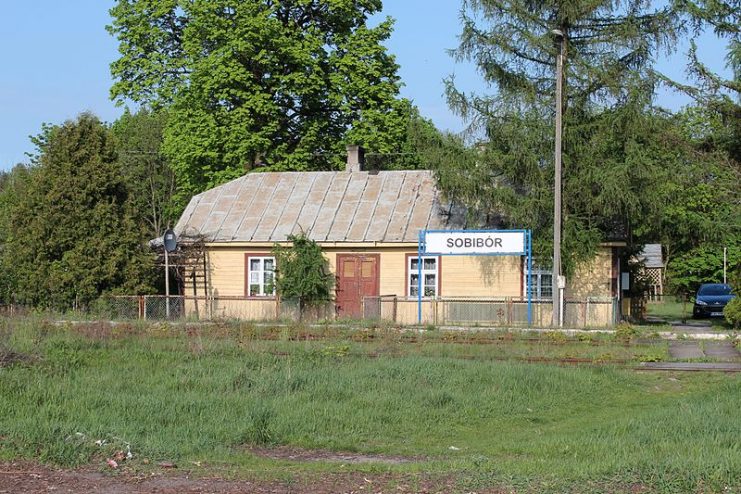
His task list expanded to include dismantling the camp and eliminating any evidence of the camp’s existence. The Jews did all the physical work and then 30-50 prisoners were sent to Sobibor to perform the same task. The rest were shot and cremated. In 1943, Franz was transferred to Trieste, where he would spend the remainder of the war persecuting partisans and Jews.
In May of 1945, Franz was arrested by American forces in Austria, but he escaped successfully to Germany, where he was arrested again by the Americans and later released. At the time, his service in the ‘T4’ euthanasia program and in ‘Aktion Reinhardt’ was not known to the authorities. After the war, Franz worked as a laborer on bridges until 1949, and then went back to his former occupation as a cook.
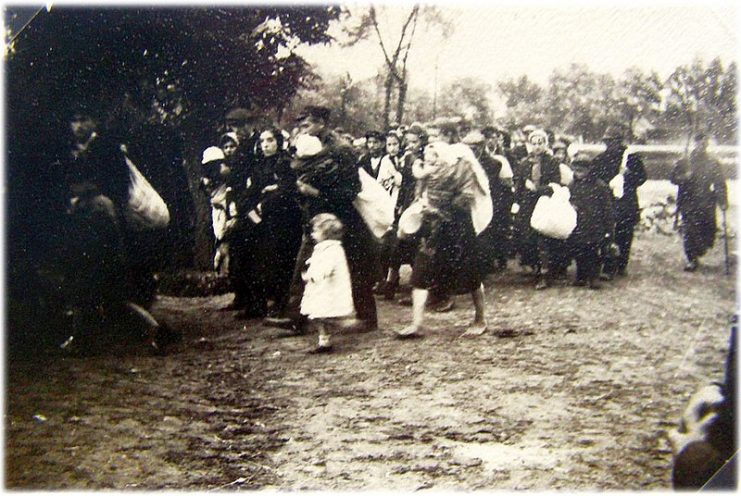
He worked in Düsseldorf for ten years until he was arrested in his home on December 2nd, 1959 on suspicion of being involved in war crimes during his time in Treblinka. During a search of his home, investigators found a photo album of his years in Treblinka called “Beautiful Years.”
His trial commenced in 1965. Franz denied all of his crimes, including setting his dog on Jewish prisoners and claimed to only have beaten a prisoner once. He was later found guilty of the collective murder of 300,000 people and charged with 35 counts of murder.

He was sentenced to life imprisonment and released in 1993 due to his failing health after having served only 28 years of his sentence. He died five years later in an old people’s home in Northrhine-Westphalia on 4th July 1998, at the age of 84.
